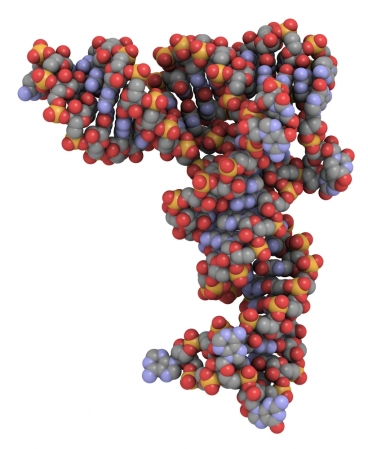Researchers have identified cancer drug targets through genome sequencing of cancer cells. In order to hasten the process of testing the discovered drug targets, researchers at MIT have engineered nanoparticles capable of delivering RNA.

Short RNA strands that can target cancer genes and turn them off
Amongst the treasure trove of targets identified by genome sequencing, it is critical to identify the important targets for drug development. For their experiment involving identification of drug targets in mice for ovarian tumors, the researchers focused on a protein called ID4.
The RNA-delivering nanoparticles can turn off genes necessary for cancer survival. Since engineering a breed of mice without those cancer supporting genes to facilitate the study of drug effect on tumor growth is a long and painstaking process, the gene in question can be simply turned off by the RNA strain to study the response of the tumor to the drug developed. The protein ID4 was selected for the experiment because one third of high-grade ovarian tumors overexpressed this protein. The ID4 protein that contributes to embryonic development gets switched off and is reactivated only when ovarian cancer develops. A protein mixed with the RNA strand in the nanoparticles helps the nanoparticle to not only target and penetrate cancer cells but also break down the mRNA inside the cell to ensure that the proteins corresponding to the mRNA molecules are never synthesized.
This technique was found to shrink tumors in mice. The particles are now being used to test other possible ovarian cancer targets and are being extended to other forms of cancer.
Disclaimer: The views expressed here are those of the author expressed in their private capacity and do not necessarily represent the views of AZoM.com Limited T/A AZoNetwork the owner and operator of this website. This disclaimer forms part of the Terms and conditions of use of this website.